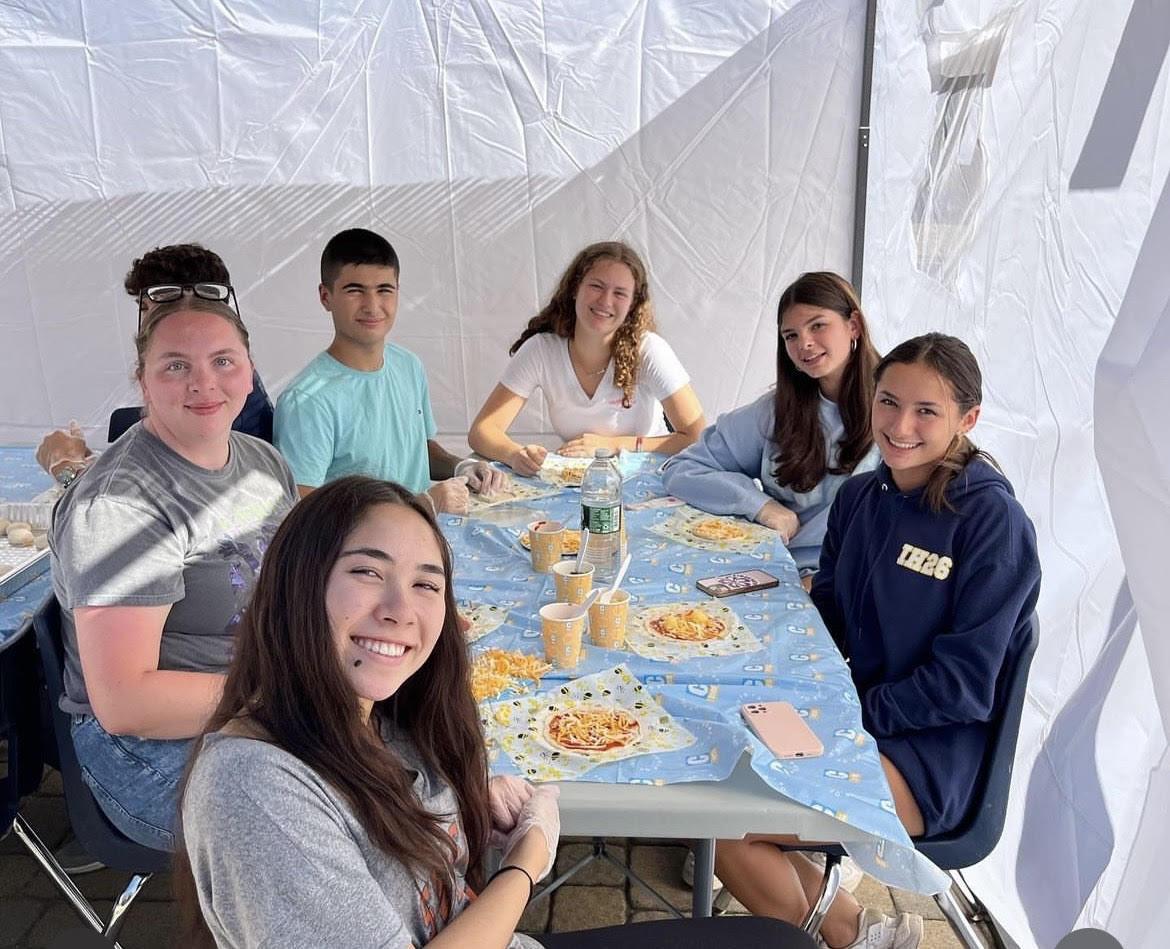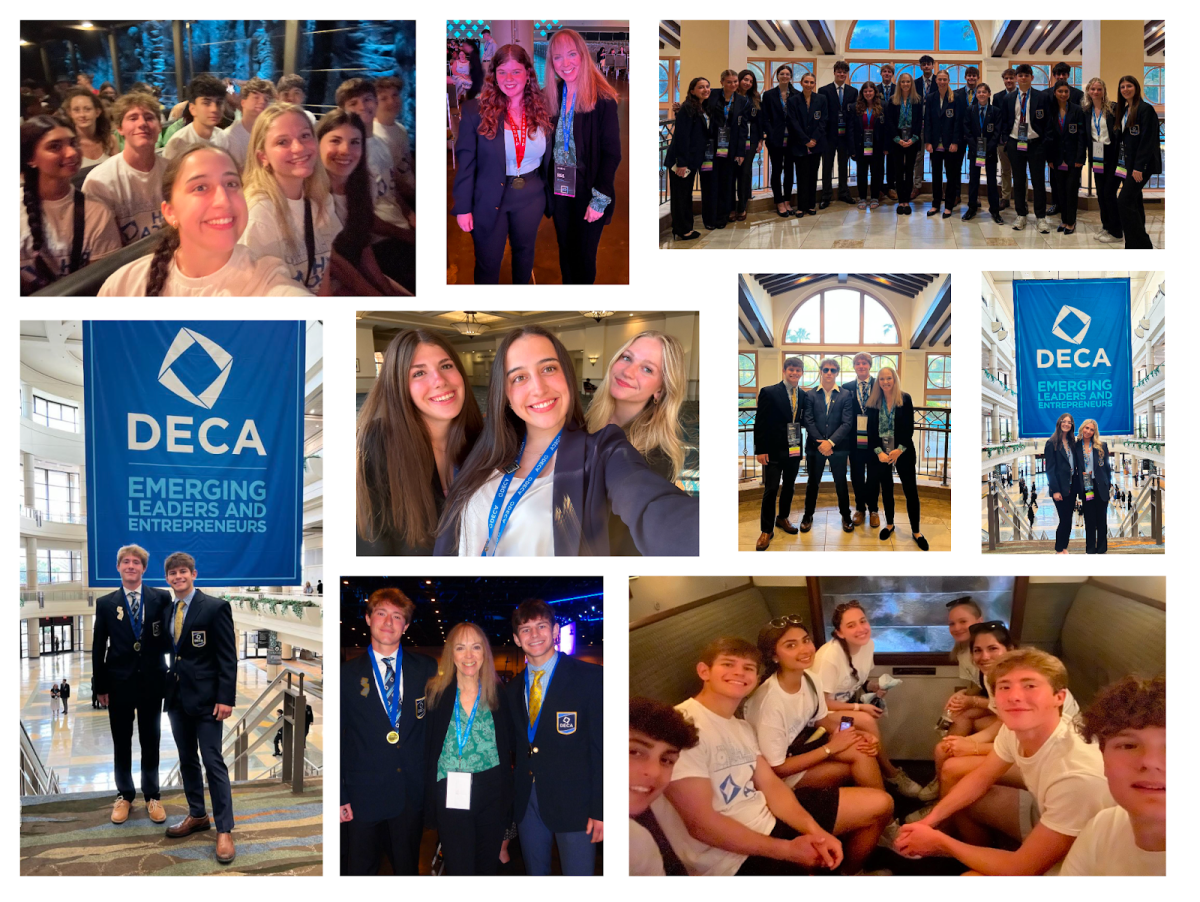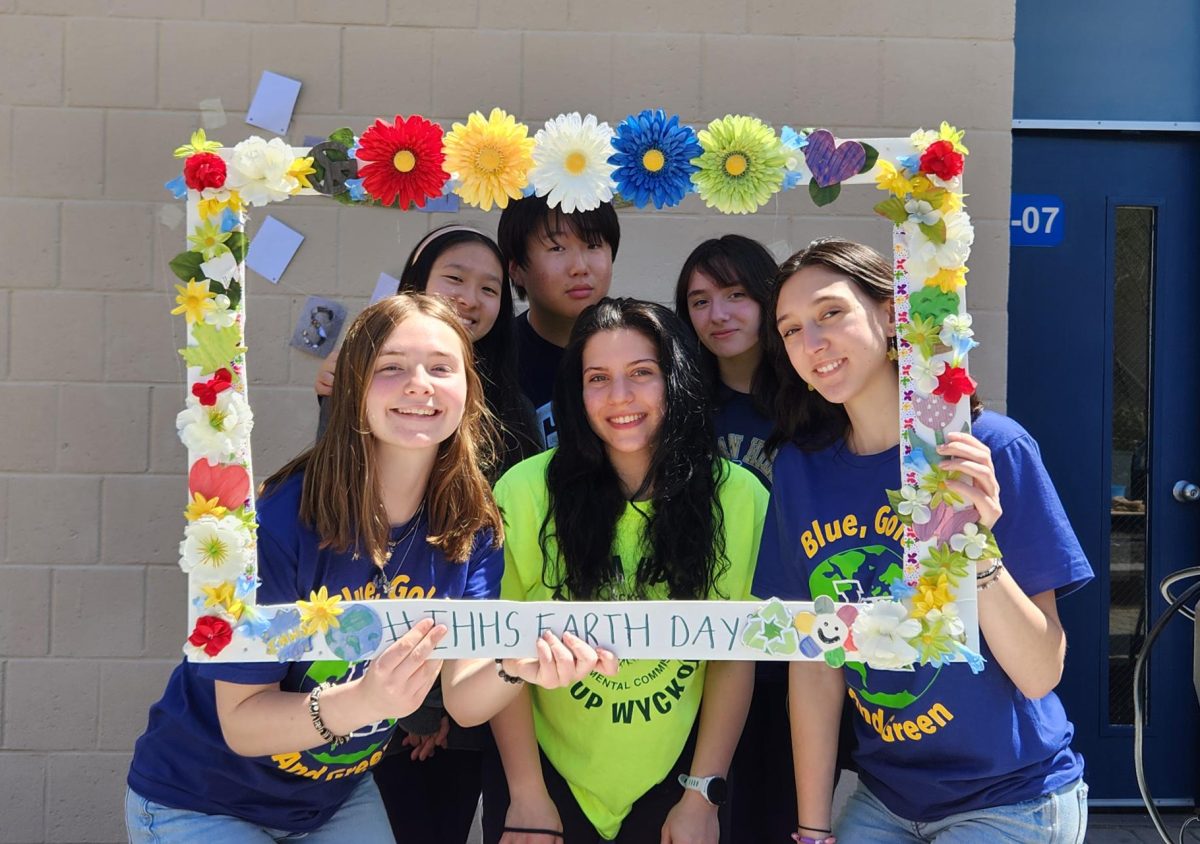‘24
With the holiday season in full swing, students and staff are preparing for events in their communities. The end of the year is filled with holiday celebrations for many religions, including Christmas, celebrated by Christians; Hanukkah, celebrated by Jews; Bodhi Day (or Rohatsu), celebrated by Hindus; Feast Day of Our Lady Guadalupe, celebrated by Mexicans and Mexican-Americans; Yule, celebrated by Wiccans and Neo-Pagans; Kwanzaa, celebrated by Black Americans; and New Year’s Eve.
Being inclusive of all religions and identities during the holiday season is an important way to display respect to others. The Asian Appreciation Club hosted Friendsgiving, Diwali, Christmas, and New Years events. Jennah Tantawi, leader of the Cultural Diversity Club, stated that “Not all holidays are able to be given off in the school calendar, however that does not make them any less important. All students have the ability to miss school in order to observe their religious or cultural holidays. But, this can be difficult since the curriculum moves on and it is possible to miss critical lessons or work done in class. It is important for the students to advocate for themselves in these situations, and inform their teachers about their holiday and the day(s) of school they will miss.” Reaching out to teachers and using assistance from guidance counselors is important for students to practice self-advocacy.
North New Jersey has a prominent Jewish community that consists of several different sects, such as Orthodox, Reform, Conservative, and Reconstructionist. This year, Hanukkah was celebrated between December 7th and December 15th. Leonora Kleinmann, Jewish Cultural Club leader, comments, “Chanukah serves as a symbol of hope, resilience, and the ability of a small group of people to overcome overwhelming odds. It is a story of perseverance and faith in the face of adversity, making it an important holiday for Jewish identity and pride.” The Jewish Cultural Club hosted a Hanukkah celebration on December 11th, playing the traditional games and enjoying the traditional food associated with the holiday. The club also plans on hosting a Tu B’Shvat celebration (Arbor Day) in January.
When asked why holiday inclusivity in the school district is important, Leonora responded, “To learn about different religious cultures and to provide representation for students in the district that observe these religious holidays.” Ailis Nataadiningrat, leader of the Asian Appreciation Club, adds, “As somebody [who] participates in Ramadan and Eid, I believe it is important for the district to recognize these holidays since a good amount of people participate. A lot of times, people [who] don’t participate in these holidays forget that they exist. I feel that it is difficult for most students that participate, to adapt to the first couple days of Ramadan especially, or for any culture that requires a big habit shift for a holiday. It is important for the district to recognize the strength and courage that it takes to participate in these types of cultural holidays.”
Learning about and getting involved in different cultural and religious traditions is made easy for students with the variety of different events hosted by the Indian Hills’ clubs, including the Cultural Diversity Club, Jewish Cultural Club, Spanish Club, Italian Club, and Asian Appreciation Club. Jennah Tantawi, leader of the Cultural Diversity Club, commented, “Students should be able to feel proud of their holidays and traditions in our school community, and openly represent them to their peers. It is our job as students to make sure that Indian Hills remains a welcoming and accepting place so that this is possible.”
To build a stronger community during the holiday season, it’s particularly important to be welcoming to all communities. When discussing holiday experiences, allow the other person to lead the discussion to avoid forming harmful assumptions. Most importantly, help one another to celebrate in the way that feels most comfortable for them.





